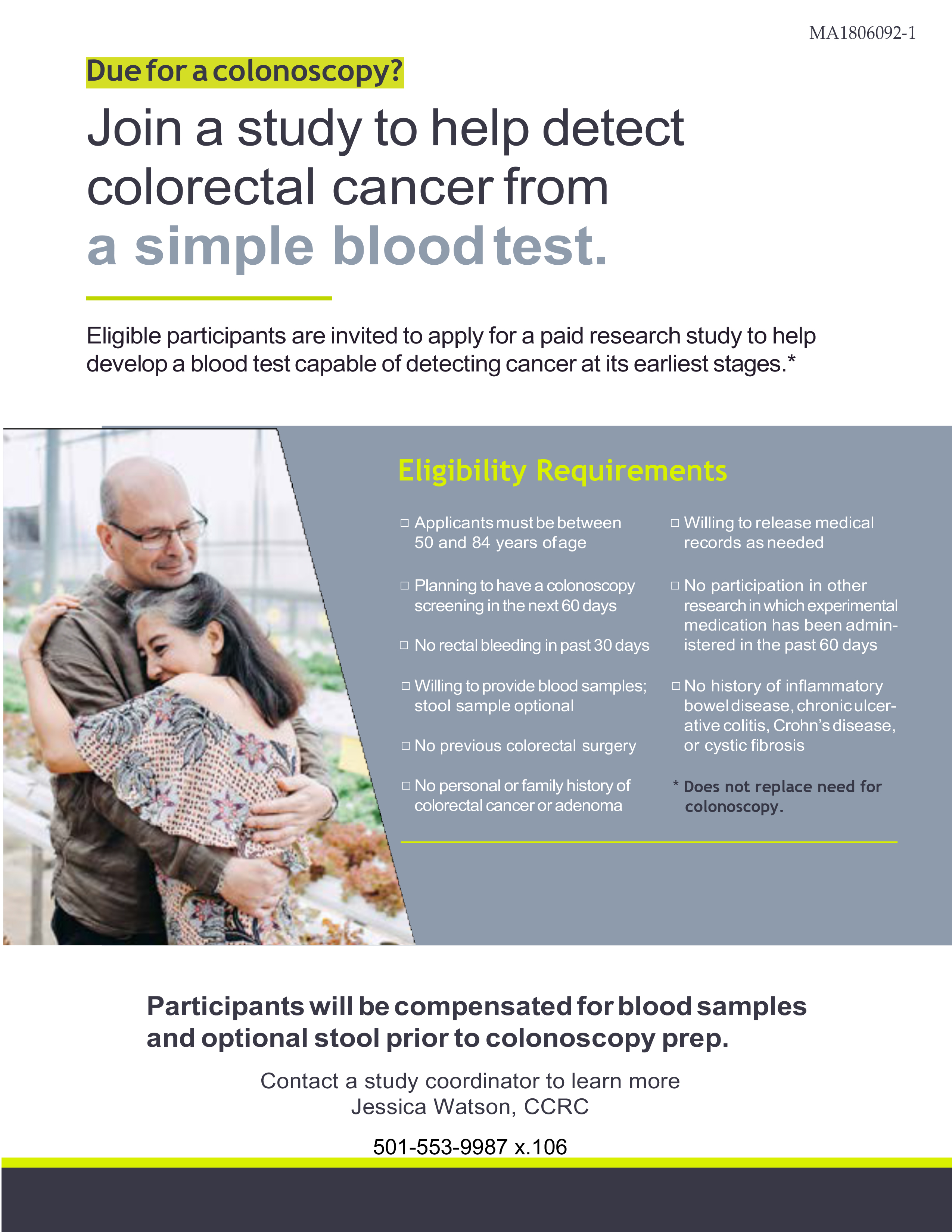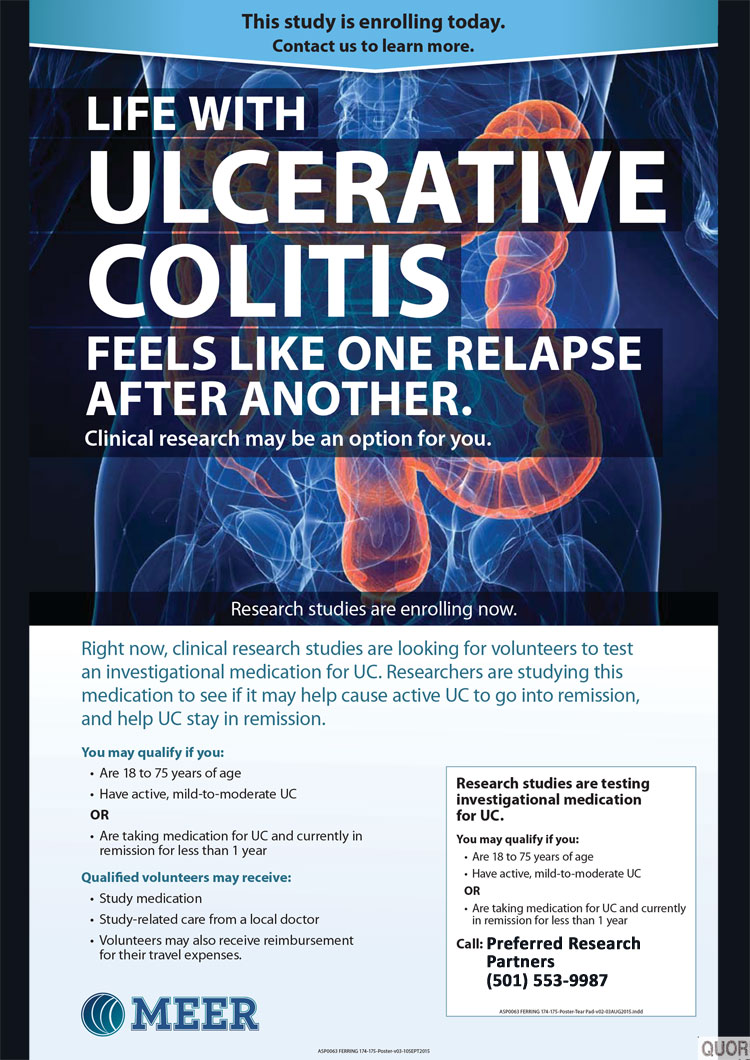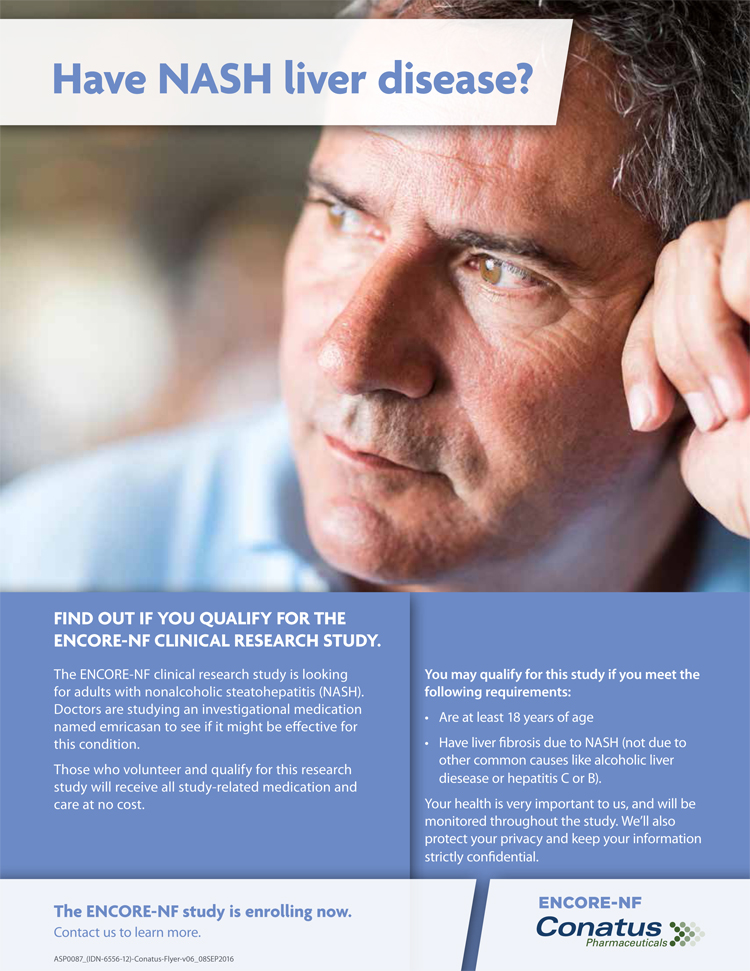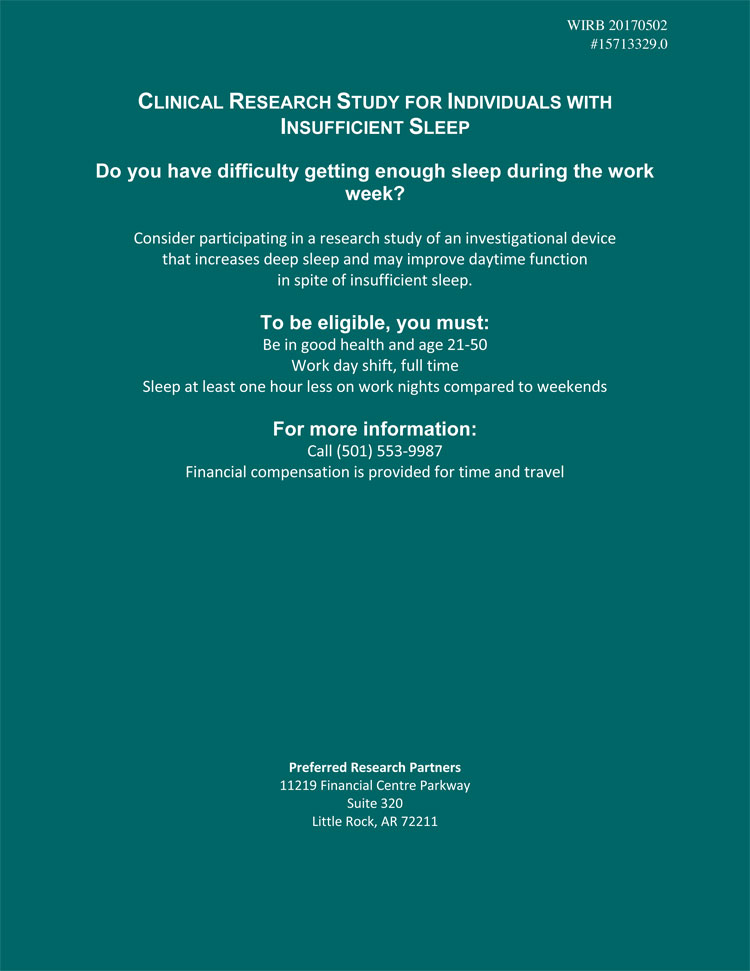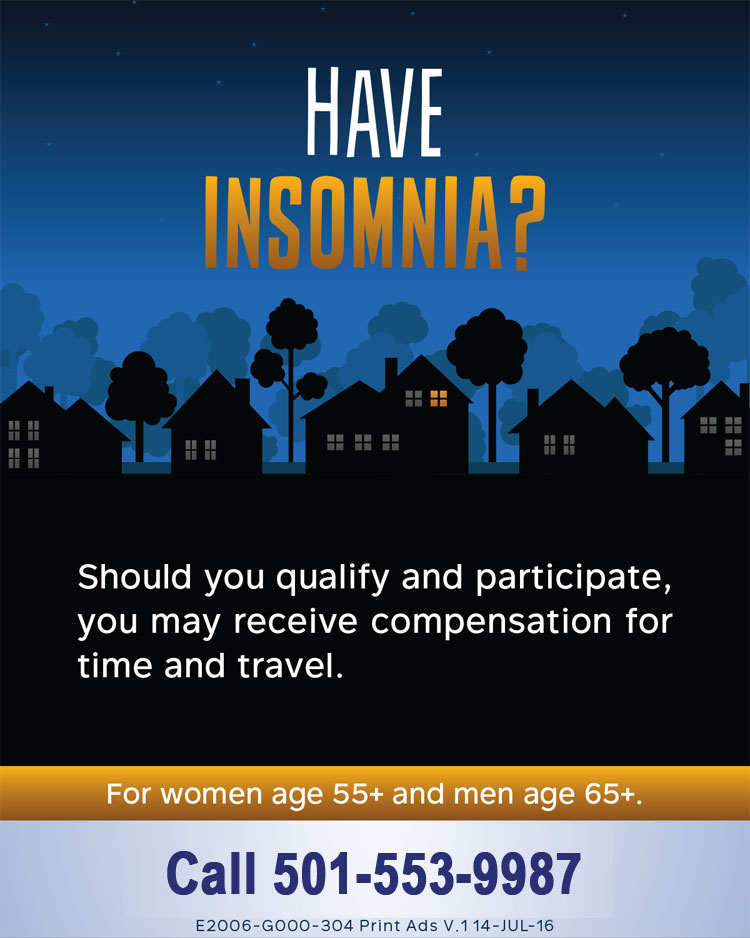Most people are familiar with the hormone, testosterone. It is most often associated with male sex drive and plays a vital role in sperm production, but this hormone plays an integral role in the overall health and wellbeing of an individual. Testosterone production increases significantly during puberty and typically begins to dip after the age of 30. Low levels of testosterone are commonly referred to as “low T” and can have a significant impact on one’s mood, energy, and appearance. Read on to learn some surprising facts about this hormone that affects a lot more than many people may think.
The Role of Testosterone In Men
Testosterone is responsible for regulating several functions within the human body, including sperm production, sex drive, bone mass, fat distribution, muscle size, and red blood cell production. The brain controls testosterone levels, and once produced, the hormone moves throughout the body to perform these various functions.
Since testosterone has so many jobs to perform throughout different parts of the body, low testosterone (low T) can have several effects on the human body. These effects can be both internalized and visible to the outside eye. A few symptoms of low testosterone include a decreased sex drive, lack of energy or concentration, moodiness and feelings of depression, and lower self-esteem. From a physical standpoint, low T can eventually cause loss of body hair, increased body fat, weaker bones, and decreased muscle bulk.
How Low T is Diagnosed
For many men, a gradual decline in testosterone production is a normal part of aging that doesn’t cause any significant symptoms or issues. For individuals experiencing the major symptoms that may be associated with low T such as erectile dysfunction or lower sex drive, a doctor can simply perform blood work to confirm a diagnosis.
How to Prevent or Treat Low T
The many effects of low T are reason enough for an individual to dread aging, but luckily, managing testosterone levels can be achieved. A doctor may suggest or prescribe testosterone treatment, although not everyone with low T requires medication to manage their symptoms. There are various forms of treatment, including supplements, oral medications, injections, gels, and skin patches. A great way to keep the body’s hormones in check is through a well-balanced, nutritious diet. Vitamin D and zinc aid in testosterone production, so incorporating foods such as tuna, egg yolks, shellfish, and beans is a great way to prevent low T from impacting daily life.
If you or someone you know is experiencing low testosterone, consult a doctor for guidance. Preferred Research Partners in Little Rock, Arkansas is currently enrolling patients with low T for a clinical trial. Learn more today to see if you qualify!






